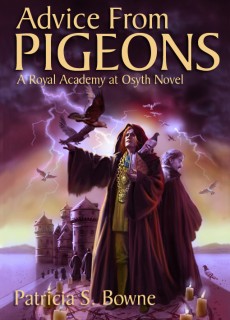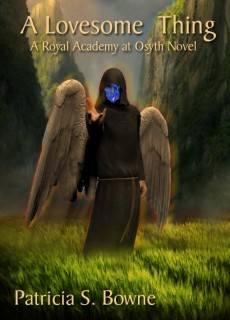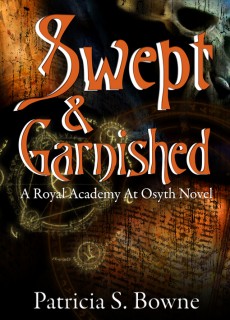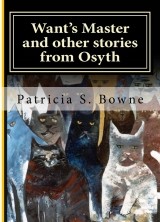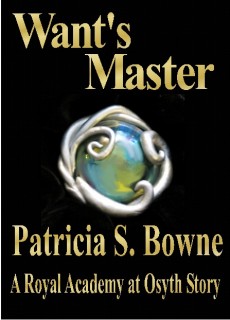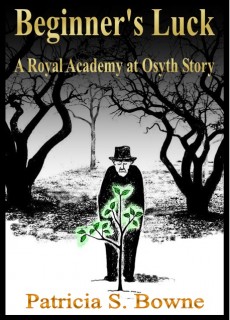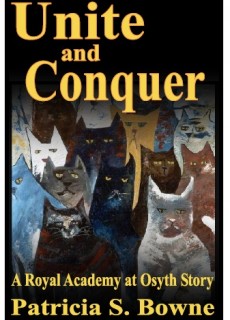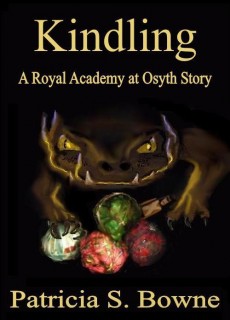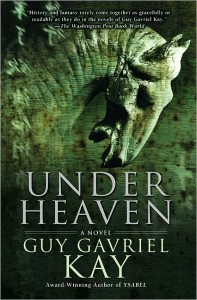 This book struck me as old-fashioned, and I mean that an an unambiguous compliment. I might have picked it off my father’s bookshelf forty years ago, when I was living at home and enjoyed books set in imperial China.
This book struck me as old-fashioned, and I mean that an an unambiguous compliment. I might have picked it off my father’s bookshelf forty years ago, when I was living at home and enjoyed books set in imperial China.
My father was fond of such books, so we had a lot of them. Gentleman of China by Robert Standish was the first one I read; I progressed from that to Robert van Gulik’s Judge Dee mysteries, and to Chin P’Ing Mei, which I still remember for its amazing anatomical dialogue (“A man would need six spleens and three livers to address me in this manner”) and for the way they read a deceased person’s future lives after the funeral, explaining how s/he would be rewarded or punished in the next incarnation.But the most fascinating thing about books set in China was the sinister figure of the mandarin; the person whose every word hid a thousand subtelties, who could rhapsodize about the moon on the cherry blossoms while overseeing the torture of his enemies. Why was this character so intriguing? I think I was young enough, and stupid enough, to believe I could be a player in such intrigues, were I only given the opportunity. Because something happened about the time I turned twenty and developed a more realistic attitude toward my own abilities. I stopped enjoying novels set in imperial China and Japan; I started identifying with the nameless functionaries who were killed by the thousand, or subjected to unspecified (or specified) tortures. I finally hit the wall with the boiling-alive scene in Shogun, and if my book club hadn’t chosen Under Heaven I would probably never have read another novel set in the imperial east.
And what a pleasure I would have missed! Under Heaven is just the kind of book to take the curse off the genre, for me at least. The hero gains his fame and power not by subtlety and ruthlessness, but by burying the dead on a remote battlefield. The world he journeys through is beautiful and exciting, from the pleasure houses to the steppes to his family home to the edges of the empire. His adventures, and those of his sister and lover, kept me engrossed. And in old-fashioned style, all of his good deeds pay off. Kindnesses are remembered with gratitude, evil is punished, and these virtuous persons triumph and achieve happy, harmless lives.
I suppose questions could be raised about my character, when I am so easily pacified by the happiness of a noble protagonist. Kay doesn’t hide the fact that he is writing about events in which millions of people died, and I’m applauding Under Heaven because it allows me to ignore that. But I’m comparing it to half-remembered books which seemed to revel in the scope of destruction and were filled with graphic descriptions of torture and inhumanity. And I’m wondering, a little uneasily, about the attraction of their amoral, force-of-nature characters. I can still feel a little of it, even now. But I am so much happier and better off with an old-fashioned story like Under Heaven, and I hope Mr. Kay will give us many more like it.

